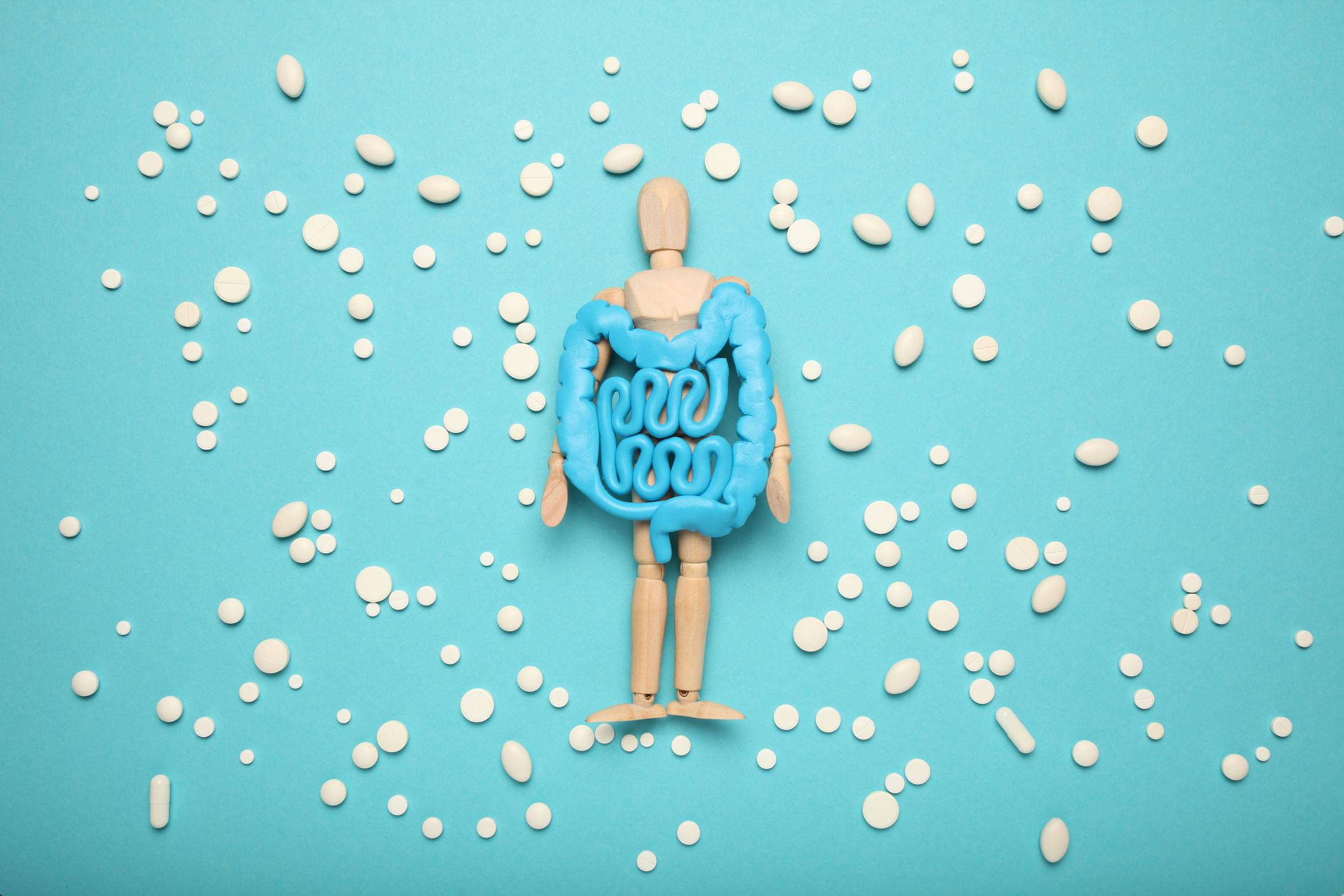A possible link between early probiotic intervention and the risk of neuropsychiatric disorders later in childhood: a randomized trial
Recent publications suggest how the gut microbiome impacts nervous system function, presenting new avenues of neuropsychiatric research. Pärtty et al. (2015) randomized 75 infants to receive Lactobacillus rhamnosus GG (ATCC 53103) or a placebo up to the age of 6 months, and followed them up to the age of 13 (at 3 weeks, 3, 6, 12, 18, 24 months,13 years).They had the participants gut microbiota examined using fluorescein in situ hybridization (FISH), qPCR, and blood group secretor type. In addition, the children were evaluated for attention deficit hyperactivity disorder (ADHD) and Asperger syndrome (AS) both clinically and psychologically following ICD-10 criteria. Analysis revealed that 17.1% of the placebo group were diagnosed with ADHD or AS at age 13, compared to none in the probiotic group. In addition, the afflicted infants demonstrated a significant reduction of fecal Bifidobacterium in the first six months of life compared to their healthy peers. The authors conclude that supplementing infants with probiotics during early life may decrease the odds of neuropsychiatric disorders through mechanisms besides those related to the gut microbiome. [NPID: Probiotics, infants, neuropsychiatric disorders, ADHD, Asperger syndrome, gut microbiome]
Year: 2015
 Navigation
Navigation






